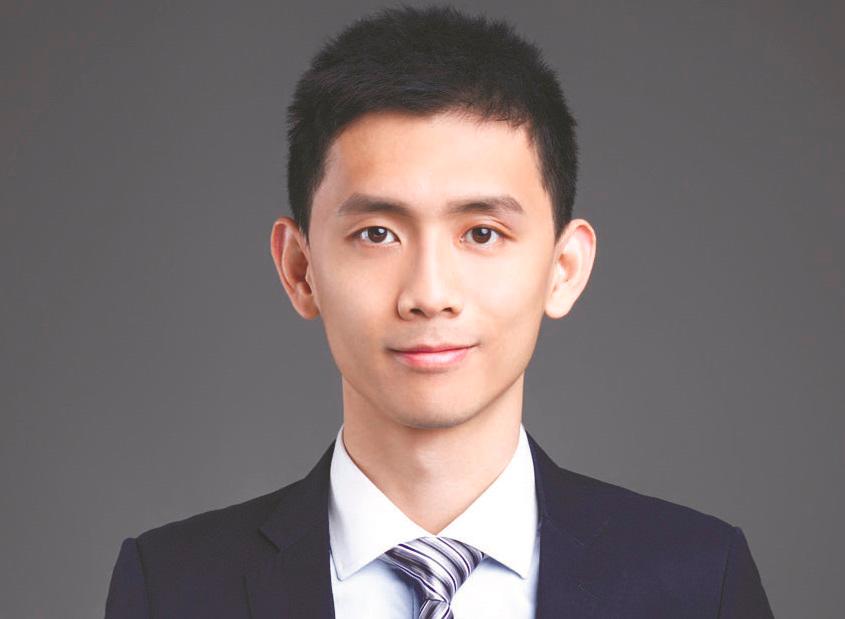PETALING JAYA: Nefin Group – an independent power producer specialising in green energy – aims to secure 100 megawatts (MW) of solar power projects across Southeast Asia in 2024 with Malaysia expected to contribute more than 30% of the total, driven by an increase in its market penetration and market share, said regional managing director and group business development head Chong Bor Hung.
In an exclusive interview with SunBiz, Chong estimated that the projects translate to about RM46 million or US$10 million in revenue.
He remarked that long-term contracts of around 20 years will provide a steady stream of revenue for the company over their duration.
In 2023, the company secured projects in Southeast Asia totalling more than 70MW.
Recently, the Malaysian Energy Commission selected the company as one of the solar power producers for the Corporate Green Power Programme (CGPP). The company will develop a 45MWp solar farm project in Teluk Intan, Perak, as part of this initiative, with an estimated cost of RM130 million.
“That was a big step in our strategy for the next two years at least, until 2025. In Southeast Asia, with Malaysia being the bulk of it, the business is (expected) to scale at 100 megawatts per year.
“Originally, we were dominant in the rooftop solar business and with CGPP that we’ve secured, we are now on track to doing utility-scale projects and we expect to get more next year. We do expect to see continued growth and presence of our company in the commercial and industrial business, but the scaling of the business is going to largely come from utility scale business as well,” Chong said.
He explained that utility-scale projects would have a development lead time of two to three years. Hence, in order to get a utility scale project built in 2025, development would have started since 2023.
“It’s like any big infrastructure projects, the development time takes a couple of years. We expect to be growing our order book, portfolio at a scale of about 100 megawatts per year, just in Southeast Asia but the utility-scale projects that we’ll be deploying let’s say by 2025 is the one that was secured in 2023.”
Malaysia is projected to contribute to about one-third of the projects, followed by Taiwan, and the rest will likely come from mainland China, Hong Kong, Singapore, Thailand and Vietnam.
On outlook, Chong said Malaysia has constantly shown steady industry growth in Southeast Asia. He added that despite the “fairly conservative” policies set by the government, the growth of country has been quite consistent and stable for the past eight years.
“Malaysia has been one of the more consistent markets in Southeast Asia. The growth is expected to be quite steady like the previous years. Next year, the government will potentially roll out some special projects or special mega projects in line with the National Energy Transition Plan. For the majority of the industry, I expect that the industry growth will be in line with what we’ve seen over the past few years,” he said.
While Chong commended the government for the various initiatives it implemented to spearhead its green agenda, he opined that there are other methods the government could look into towards accelerating decarbonisation of the Malaysian grid, namely through the liberalisation of the local energy market and easing technical restrictions.
“First, the liberalisation of the energy market would be great, allowing for more things like third party access, direct sale of electricity between power plant developers and the consumer. (It would enable) for more freedom and transparency in transactions.
“Second is lifting of technical restrictions on the capacity and the licence approval processes for projects in Malaysia ... lifting some of the technical restrictions on the solar system capacities will also allow for greater scale installations and will lead to a higher penetration of renewable energy into the grid,” said Chong.
He opined that the company is the one of the largest asset holders in terms of external projects in the country. The projects in Malaysia it has undertaken include Intel’s solar farm in Kulim, Celestica facilities in Senai, solar rooftop installation at Cadbury Confectionery Malaysia Sdn Bhd facilities, managing solar assets in 28 Lotus’s stores as well as partnering with Mydin Mohamed Holdings Bhd for solar systems installation.
On demographics, Chong said its customers are primarily in the commercial and industrial segments, with a long-term track record of strong financial performance, consisting of a significant number of Fortune 500 companies.
“For the coming year, we plan to continue with our current demographic of customers and expanding it through, for example, the type of utility-scale projects that we’re working on.”
Chong disclosed that Nefin is in talks with potential clients in the hotel and data centre space for future projects. In addition, the company plans to expand into the real estate business, he said, although he declined to share details.









